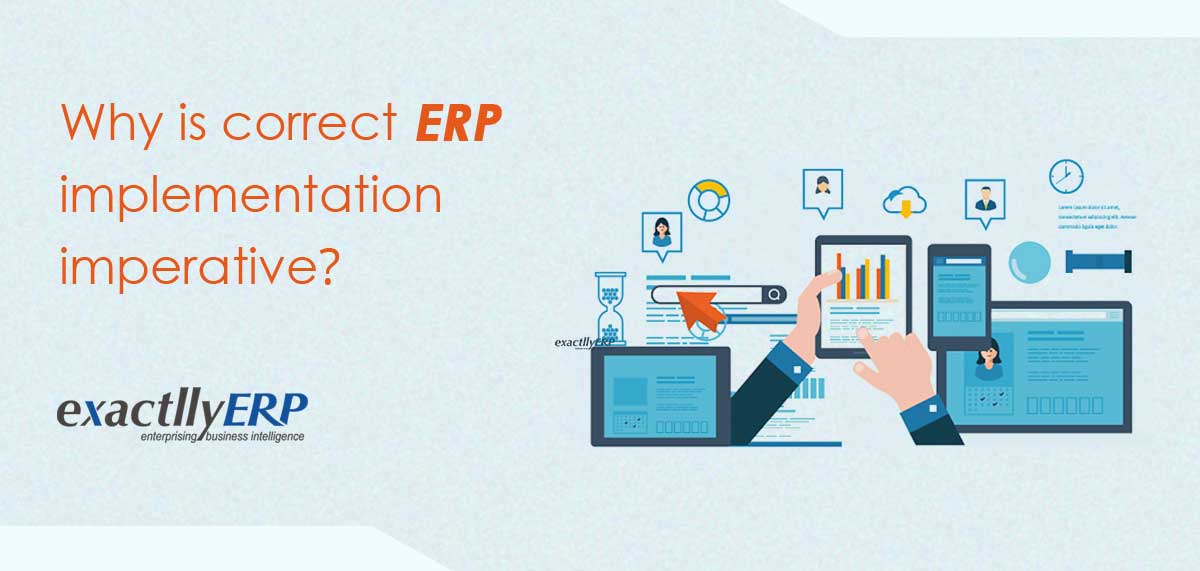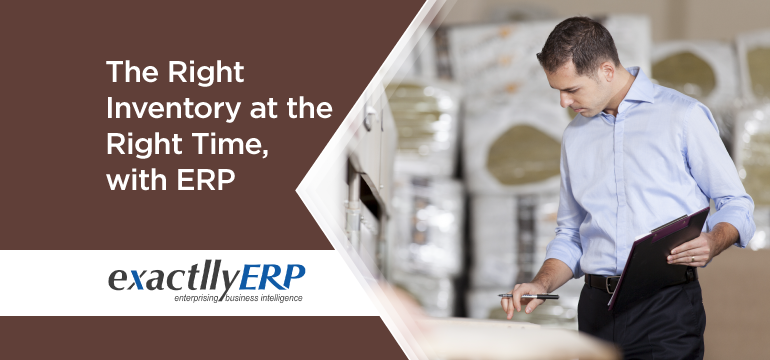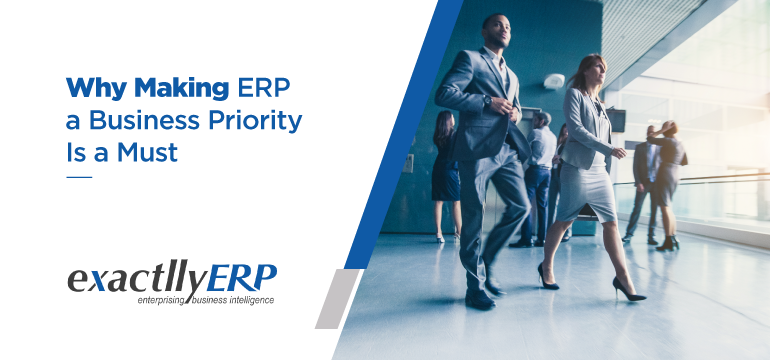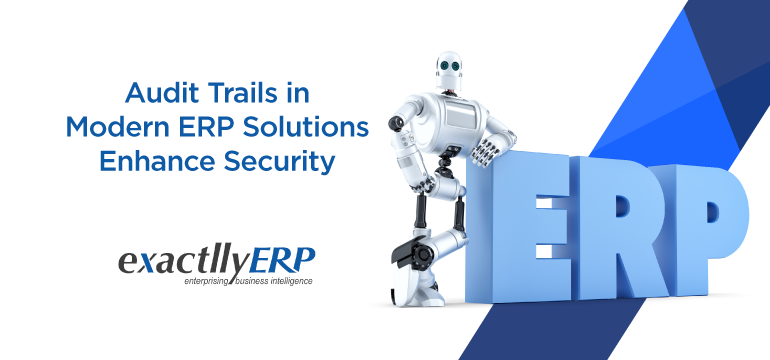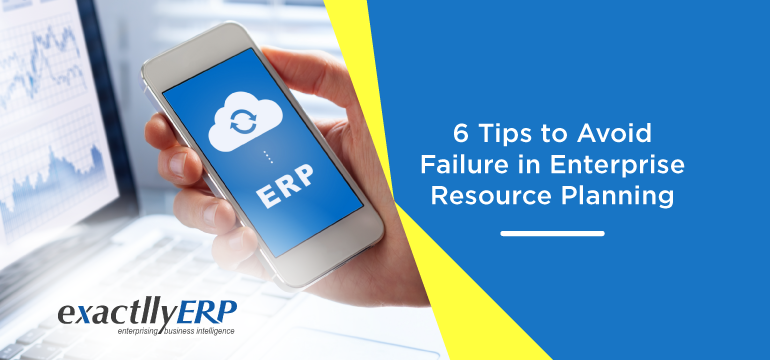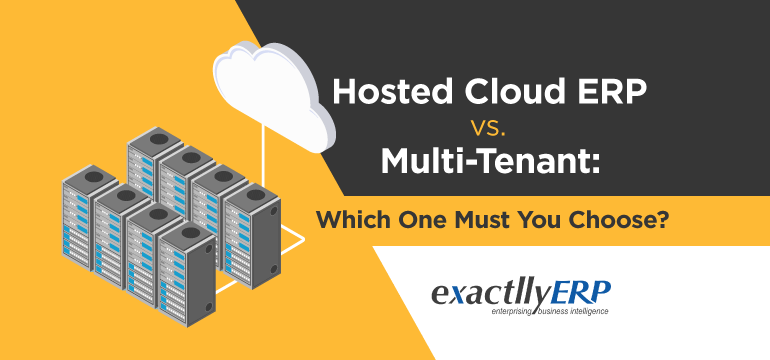Opportunity to Emphasize on Outcomes With Cloud Based ERP
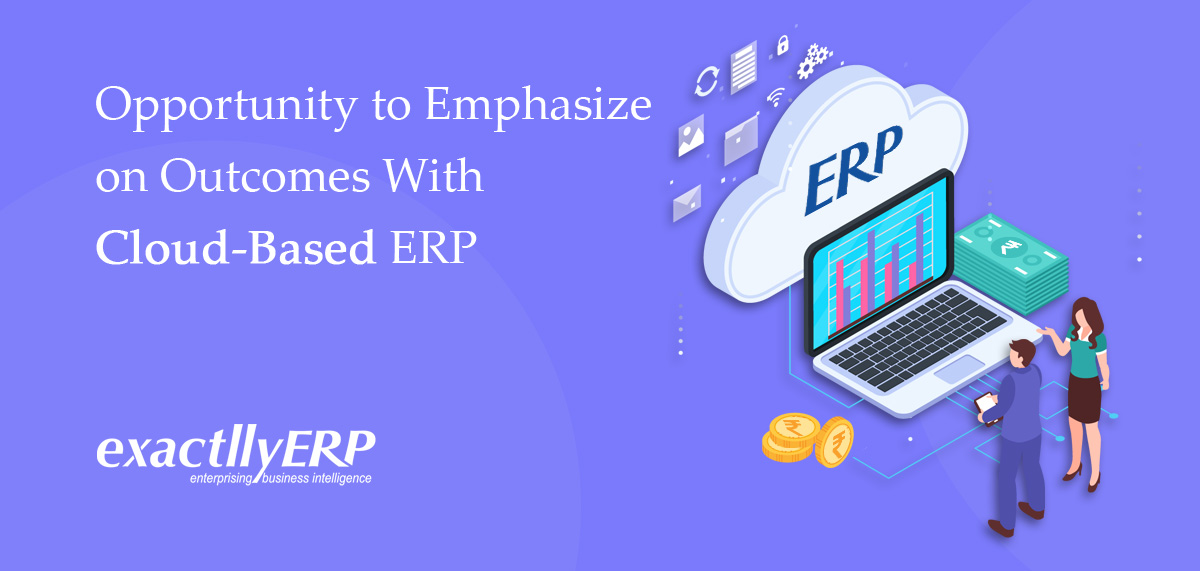
Cloud based ERP addresses those ERP tools and software that are present and administered in the cloud. The business environment in which organizations operate in the present times is complex. Most businesses encounter several challenges of various kinds on a day to day basis. They must gain access to those technologies that will assist them in scaling and growing rapidly. There is a need for globally connected software systems and tools that will enable them to emphasize the implementation of growth initiatives for the best ERP outcome. They will then have to allocate less time to on-going IT management. This makes cloud ERP a must in today’s time. Stay tuned to learn more.
Gaining insight into the Cloud Based ERP system:
As businesses move forward in implementing cloud based ERP software for increasing sales order, they can make their business processes more efficient. Within cloudsuite ERP, the tasks related to maintenance and management are observed by the vendor. This also includes faultless and on-going software updates. As an organization deploys cloud ERP, it will require very little or zero IT involvement. Due to this, the teams operating can spend more energy and time on tasks that will drive strategic growth. Within the cloud, the ERP solutions will shift all the emphasis on business outcomes and not just the technology. As the systems get updated automatically, keeping pace with the quick technological transformations is also possible. By these organizations can develop a competitive advantage that evolves and grows with the current market.
Cloud Based ERP – Advantages & Disadvantages:
Choosing the right ERP in the retail industry and ERP in the construction industry are challenging affairs. It is especially challenging when it comes to maintaining the customer experience. Technological advancement, flexibility, and precision are some of the main driving factors. The realm of supply chains is witnessing rapid transformation. Production facilities need to be more technologically oriented as every day we get to see new tools. Implementing such advancements via production and manufacturing industries call for the consideration of new facets. This includes either avoiding or embracing cloud based ERP software. Let us take a look at the merits and the demerits.
Advantages:
Whenever an organization today moves forward with ERP business collaboration, they are highly considering the utilization of cloud based ERP systems. These systems employ a web browser for communicating the data to the production points and production workers from the cloud. Cloud-based systems include a monthly subscription fee. A few of the advantages of cloud based ERP are:
-
Availability of Features –
When it comes to cloud ERP, updates are rapid, and more feature ERP implementation takes place with every update. This improves the system frequently and enhances the functionality of the ERP systems. This also acts as a plus point in context to upholding customer experience.
-
Non Physical Servers –
Hardware maintenance is not always necessary as there are non-physical servers on-site. This is very beneficial for business processes where constant hardware maintenance is required. This also enables a company to emphasize more on production facilities.
-
Quick Implementation –
As companies invest in cloud based ERP from Exactlly, they will not need to invest money in new hardware. Also, cloud enterprise resource planning system means that they can attain relief from slower updates. Updates with this kind of system always conduct without the interaction of humans.
-
Integration and Data Improvement –
If it is about working on the best ERP projects, it is paramount to choose cloud enterprise resource planning software in the present times. This is because these solutions are web-oriented and help in improving data accuracy and integration to a large extent. Conventional on-premise systems always lack the accuracy of data which is not the case with cloud based ERP systems.
-
Scalability –
Be it any cloud based ERP system, these solutions can scale very easily with the changing needs of a business. The process of scaling and upgrading is not at all labour-intensive.
-
Restricted IT “in-house” resources –
It is quite rare to encounter companies where the department of IT is seeking to work on various tasks. However, with cloud ERP systems, the provider only looks after hosting the system along with the support. This means that there is no requirement of employing and training additional information technology resources. ERP outcome with this is bound to be impressive.
-
Adoption by end-user –
The user interfaces of cloud technology are always modern. This means that adopting these systems is hassle-free. So employees can also embrace such changes within the software very easily.
-
Mobility –
Smartphone devices are regarded as highly important business tools in the current era. Cloud-based systems permit sophisticated access to the world of mobile and control via mobile devices that are ERP enabled.
Disadvantages:
There is no doubt about the fact that the merits of cloud based ERP systems are several starting from easy employee training to a wide array of available features. But there are some disadvantages that some organizations perceive to be unfavourable. Some of the disadvantages are listed as follows:
-
Restriction on customizations –
Today’s cloud based ERP software is quite configurable that is making the older customizations appear as standard. However, customization can just reach a particular point which is why particular manufacturing operations are employing on-premise systems still that is the most suitable for that particular operation.
-
Security of data –
One of the biggest challenges that organizations are encountering with the cloud & supply chains is data security. Information is very rigidly web-accessible which is making data-breaching a very legitimate issue for the production facilities. Any breach within the cloudsuite ERP system is resulting in system failure. It is even halting or preventing production till the time of an implementation of a solution.
-
Price contemplation –
The price of a cloud ERP system greatly outweighs the price of an on-premise system. As these systems are very much technologically advanced, automatically the cost is higher.
What is SaaS ERP?
SaaS ERP is that ERP system that operates in the data centre of the ERP vendor. It does not run on the infrastructure and servers of the purchasing organizations also regarded as on-premise ERP. This permits the end-users of the company to access the system over the web. Managed by a particular software vendor, the SaaS ERP system perceives its hosting in the cloud. If there is a comparison with an on-premise enterprise resource planning system, this can largely decrease overhead and IT costs and will simultaneously keep users updated about the latest software versions.
Advantages of SaaS ERP systems are as follows:
-
- The interface is user-friendly and modern
- The functionality of these systems is exclusive along with business functions such as orders, consumer records management, accounting, etc.
- Saas ERP systems are also performance and security models that guarantee a proper user experience along with privacy
- With SaaS ERP, organizations do not have to invest in extra infrastructure or configure servers with the evolvement of the business
- The vendor will facilitate automatic updates that will make sure that the users are aware of all the latest features. The updates take place several times a year.
Conclusion:
We all know how vital the availability and implementation of ERP software is in the present times for all kinds of businesses. Starting from better business reporting to improved customer experience, the advantages are just too many. However, it is equally important to think about whether to embrace on-premise or cloud based ERP systems. While cloud ERP is hosted on the server of the vendor, on-premise software can be installed locally or on an organization’s own servers. There are many such points that are worth contemplating. Short implementation time, more updates, and more stability from the end of the vendor make cloud ERP the best any day. In the same way, exactllyERP is designed in a way that it can meet every business need. For a Free Demo, Contact Us today.

